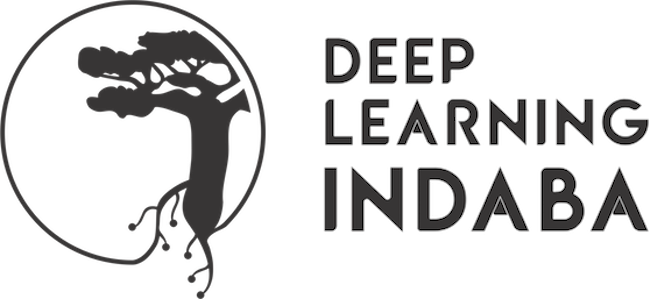There’s a principle in the hindu traditions called the 3 gunas. These are three phases which we are thought to enter on periodic cycles across varying timespans. I’ll start with my interpretation of sattwa. This guna (or force) represents inspiration and creativity. It is a time when ideas are by the bounty and our will to create can see us sketch out a new research plan, launch a new project or commit ourselves to a new passion. The next guna is rajas. Rajas is associated with busyness and action. It is energetic and powerful, allowing for committed action towards completing our goals. Finally, there is tamas. To me, tamas represents the consolidation of our enlightened and busy experience, the closing out of that trajectory and the need for deep rest.
I love the symbolism of this concept as it maps on to my own experience, and, coincidentally, that of organising the annual Deep Learning Indaba. We’re just two weeks out on calling it a wrap on the 2024 Indaba, meaning we are pretty much in the depth of tamas. While the collective community of organisers, attendees, supporters, friends and enthusiasts take deep rest and refocus their energy into other pursuits, new seeds of imagination and possibility will begin to germinate. By itself, a single seed represents the will of the individual to break new ground and lean into new challenges. In community, the seeds prepare to become a garden. The Ideathon is a great example of this. While we said goodbye in Dakar, 30 teams comprising individuals from different nationalities are now preparing to pitch their research proposals; ideas which were born together through the Indaba.
In tradition, we are taught to balance these forces so that no one can override the others. But I have to admit, I have a soft spot for the sliver of time between tamas and sattwa. On the one hand, it’s romantic. It feels like the slowing of time, or a portal, between who you were yesterday and who you will choose to be tomorrow. On the other hand, it’s celebratory. We get to take pride in what we have accomplished. Perhaps we presented our poster in Dakar, organised a workshop, joined a hackathon or simply made new connections with people who inspired us. It is also pragmatic and forward looking. You understand your limits, and what you have to offer. Will you be planting your own seed? Will you be one of many seedlings? Or, will you provide the nutrients for others?
We could then say that the Indaba is the place where the garden grows. Although, I think it would be more apt to describe it as the bedrock. The Indaba fosters principles of care, trust and respect. Of leadership, knowledge sharing and shared responsibility. So that each year we get to come back to a bigger, more ambitious and more beautiful collective garden.
– Emily Muller, 2024 General Chair, 2022-2023 Sponsorship Committee. September 2024.
